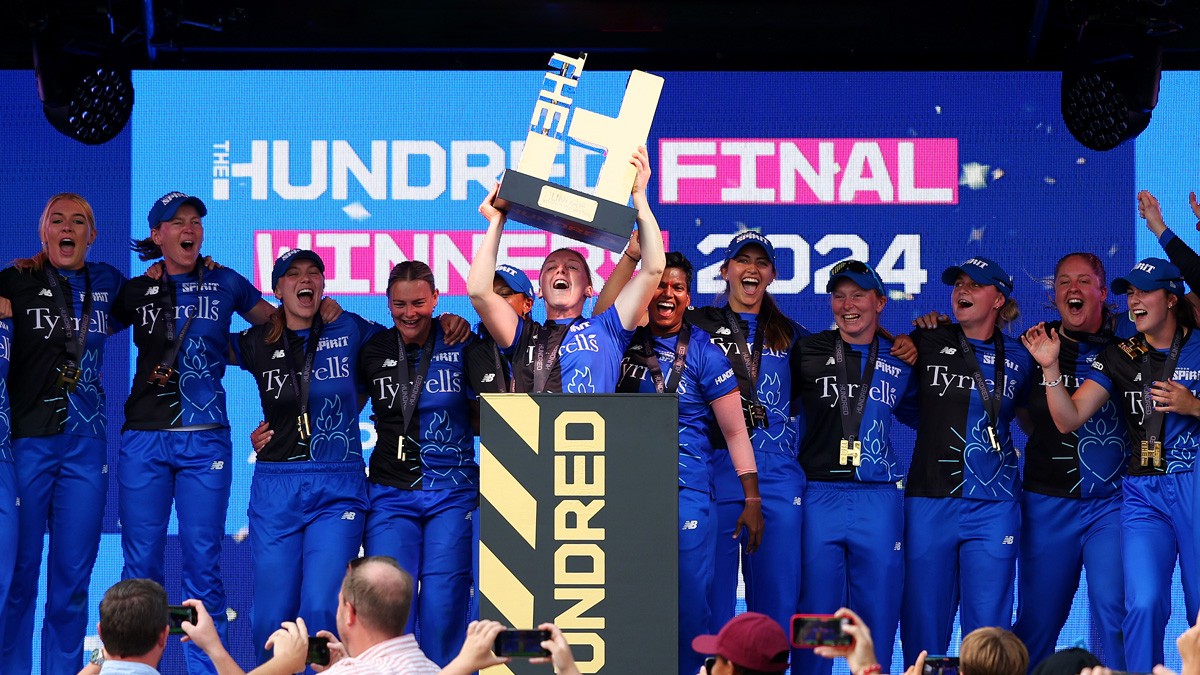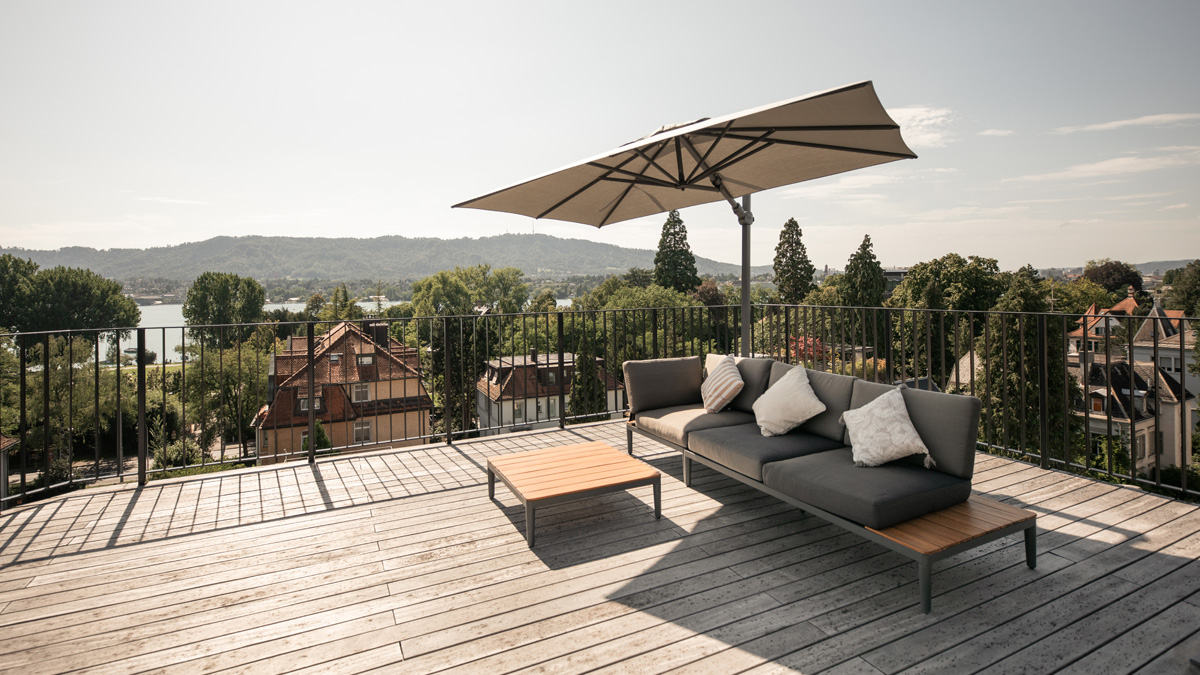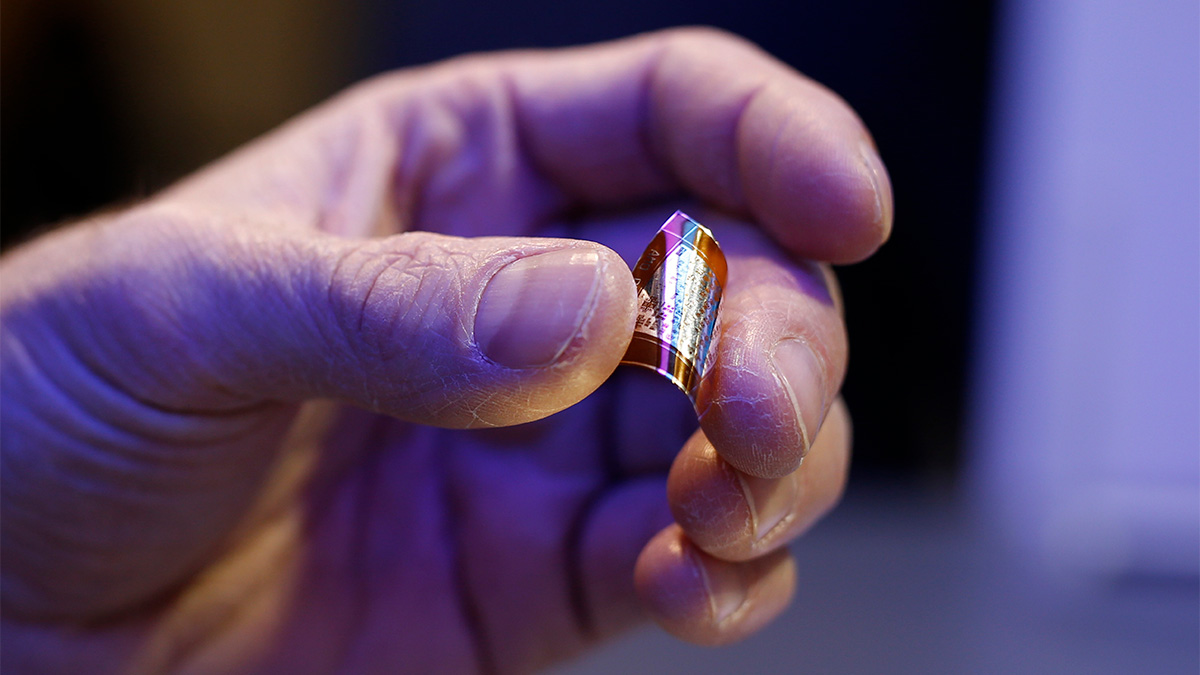Who are Britain’s top business power couples?
The companies that have given a whole new meaning to the term ‘power couples’
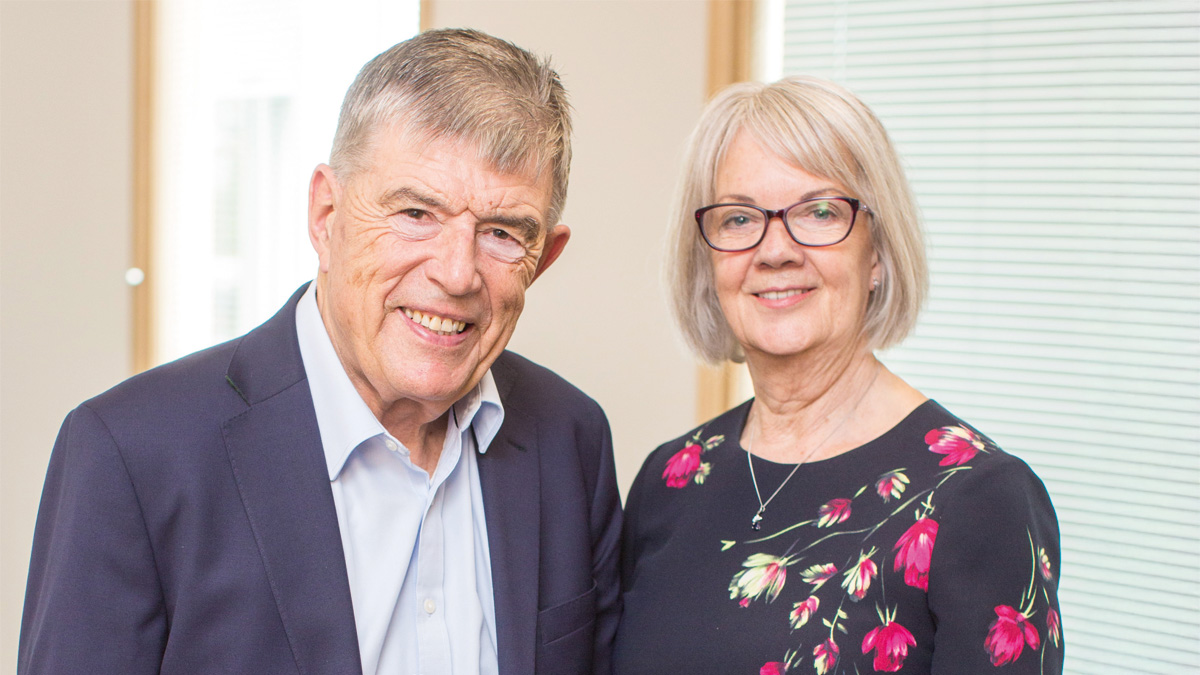
What if your business partner and your life partner were the same person? It’s an idea that might sound like a dream to some but a nightmare to others. For the former, they imagine all that extra time working alongside the person they love and trust and building a business together.
“At last,” they might think, “here’s someone who truly understands all those work frustrations.” For the latter, teaming up with their other half to run a business is a recipe for disaster. It’s not simply that discussing HR policies or how to optimise negotiations with suppliers doesn’t make for great pillow talk.
What if the day job crowds out your relationship? What if the multiple challenges, or even arguments, at the office spill into home life? Even if your relationship is strong, it will not be easy to make sure you switch off when you live under the same roof. And what about worst-case scenarios? If your venture goes under, you may both find yourselves out of work. Or if your relationship breaks up, what does that mean for your company, your employees and your customers?
Two halves in one business can make for a whole lot of trouble, but there are many couples who have made it work and had great success in doing so. We profile a dozen couples who have built companies worth at least £125m. Their joint endeavours range from oil trading to children’s fashion, luxury hotels to eco-friendly cosmetics. Many clearly delineate their roles.
For example, when the Hoyles were building up the high street retailer Card Factory, Janet was all about the product, while her husband Dean oversaw the f financial and property side of the Wakefield-based group. The same was true of the Kemps – a power couple of the boutique hotel world. Tim handles the real-estate deals and development opportunities that helped to build a transatlantic collection of eight hotels.
His wife Kit, meanwhile, is all about the look and feel of the premises, helping to cultivate repeat business from guests and a strong following among celebrities such as Daniel Craig and Halle Berry. These may be the most financially successful couples our research found, but there are countless others who have had success. And while this list features husband and wife teams, many thousands of businesses have been built by same-sex couples and those happy in long-term relationships without getting married.
If you have begun searching for someone to start a new venture with, bear in mind there might be a partner very close at hand. Below, we’ve laid out the couples who have together built the biggest businesses in the UK and the valuation of those businesses.
1=
Dame Mary and Doug Perkins
Specsavers
£1.6bn
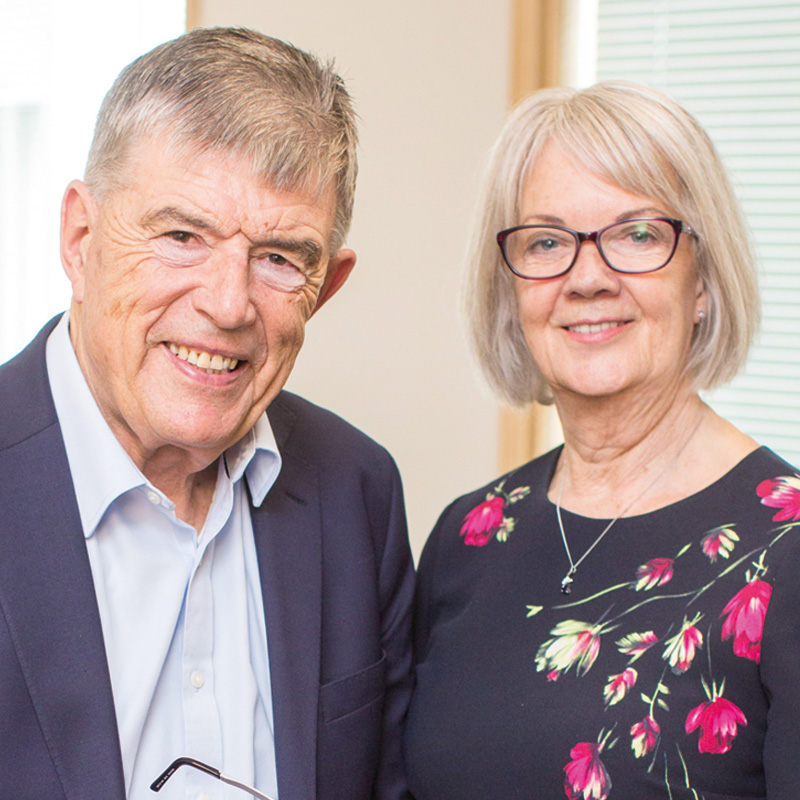
The Perkins founded Specsavers in 1984 and the company remains family-owned, based in Guernsey. There are more than 1,000 optician shops in the Specsavers chain, operating in 11 countries, with annual revenues of £4bn.
Doug is the co-chief executive and chairman, while his wife Mary focuses on customer service. The pair met while studying optometry at Cardiff University in the 1960s. On graduation, they moved to Bristol and set up their first business together, called Bebbington and Perkins, in 1967.
They grew it to a chain of 23 shops before selling the company in 1980. They returned to the optometry sector after Margaret Thatcher deregulated the industry in the early 1980s, sensing an opportunity – and Specsavers was born. The Specsavers chain is run on a partnership model, where each shop is a joint venture with a local optician or health professional.
The company now has stores in Sweden, Norway, Denmark, Finland, Spain, Canada, Australia and New Zealand. Australia is its biggest market after the UK.
1=
Sanjeev and Arani Kumar Soosaipillai
Prax Group
£1.6bn

The Soosaipillais were in their late 20s and living in a £65,000 maisonette in the soporific Surrey town of Weybridge when they launched what would become a global fuel trading giant with annual revenues exceeding £8bn a year. The pair studied accountancy together at the University of Kent in Canterbury (an institution not known for billionaire alumni).
Starting out with a pair of petrol stations and an oil storage site in London, they have knitted together a diverse energy group employing 1,450 people with offices in Antwerp, Houston and Singapore.
Prax Group initially began blending diesel, before it moved into supplying gas, oil, petrol, as well as kerosene for aeroplanes.
It then landed a contract to run service stations for Shell and Total, and hundreds of forecourts now sit within the group. In 2021, the Soosaipillais bought the Lindsey Oil Refinery in Lincolnshire – now, one of Britain’s most important refineries.
The acquisition tripled Prax Group’s turnover at a stroke. Sanjeev Kumar, 51, is chairman and chief executive, while Arani, also 51, oversees the policy-making processes, planning and human resources.
3
Andrew and Linda Leaver
Clinigen
£1.2bn
Clinigen does not develop pharmaceuticals itself, instead acquiring the rights to medicines already created by drug developers. It then contracts producers to make and distribute them around the world. The Burton-on-Trent business also provides a range of services to pharmaceutical companies, including running clinical trials.
Andrew, 61, was already a veteran of the industry when he and his wife Linda, also 61, set up Clinigen in 2010. Andrew led the business while Linda ran the marketing and PR functions, also serving as a director and owning a large chunk of the company’s shares. The pair had worked together before at another healthcare company, ADL.
The Leavers banked around £37m when they decided to float Clinigen on the London stock market in 2012. Nine years later the operation was sold for £1.2bn. Since then, the couple have invested in a clinical trials firm, a healthcare outsourcing group and a chain of fish and chip shops.
4
Tim and Kit Kemp
Firmdale Hotels
£620m
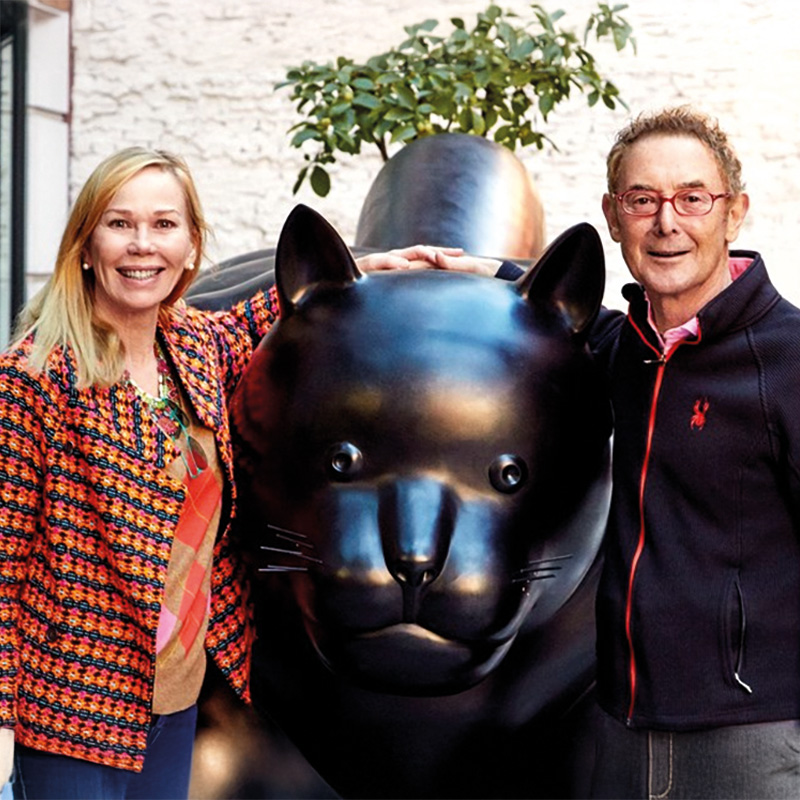
The Kemps head up a trans-Atlantic portfolio of 11 boutique hotels. They opened their first, the Dorset Square Hotel, in 1985 and have since created luxurious enclaves from disused car parks and former warehouses. Tim focuses on the property and financing side, while Kit is the design director.
She initially ran her part of the business from a cupboard in her husband’s office, which soon took over a whole building in Kensington.
“When we opened our first hotels, we hardly had time to speak to one another for several months at a time,” she has said.
The group now has eight London hotels, including premises in Soho, Knightsbridge and Covent Garden. Firmdale also has three more hotels in New York, workspaces, as well as a glamorous retreat on the west coast of Barbados. Firmdale’s balance sheet shows net assets of more than £620m.
5
Jonathan and Susie Seaton
Twinkl
£500m
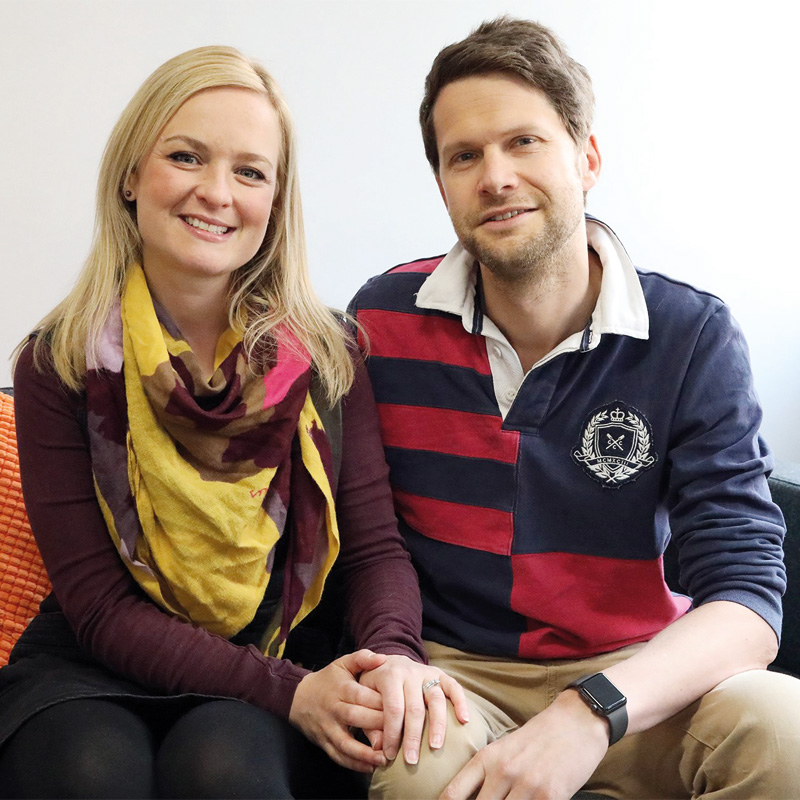
When Susie, 42, found it hard to buy decent teaching resources for the nursery school where she worked, her and husband Jonathan began putting together their own in the back bedroom of their Sheffield home in 2010.
The early years of their education venture Twinkl were hardly child’s play. Jonathan, 41, would often rise at 4am to assemble content for the company, then do a full day’s work as a solicitor, before putting in yet more hours in the evening making factsheets, posters and other products for the fledgling business.
Twinkl now offers more than a million resources for schoolchildren, from lesson plans and assessments to augmented reality video games. Annual profits have climbed to £29.7m and the Seatons have created jobs for nearly 1,200 people. The sale of a stake to a private equity firm last year valued the Sheffield-based business at £500m.
6
Sheila and Rod Flavell
FDM
£459m
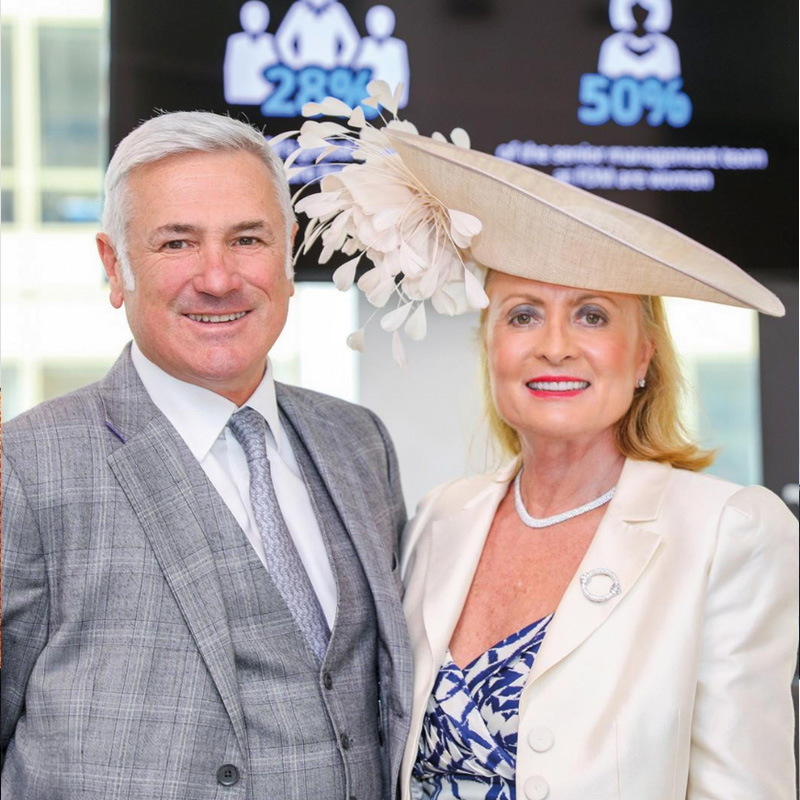
Sheila met her future husband while dropping off her children at the school gates. Rod had already launched the IT contractor that would in time become FDM and offered her a job. She accepted, but later quit because Rod’s start-up had scant money to pay salaries and she needed a “proper job”.
A few years later Rod gave her a call again. FDM had grown and, Rod said, “needed its mother back”. Sheila accepted, negotiating a proper contract, and a company car.
The pair later married and have grown FDM into a global IT and business services group with 18 centres across Europe, North America and Asia. Rod, 66, remains chief executive, while Sheila, 68, is chief operating officer. They floated the group on the London stock market 10 years ago and the shares currently value the business at £459m.
7
Dean and Janet Hoyle
Card Factory
£416m
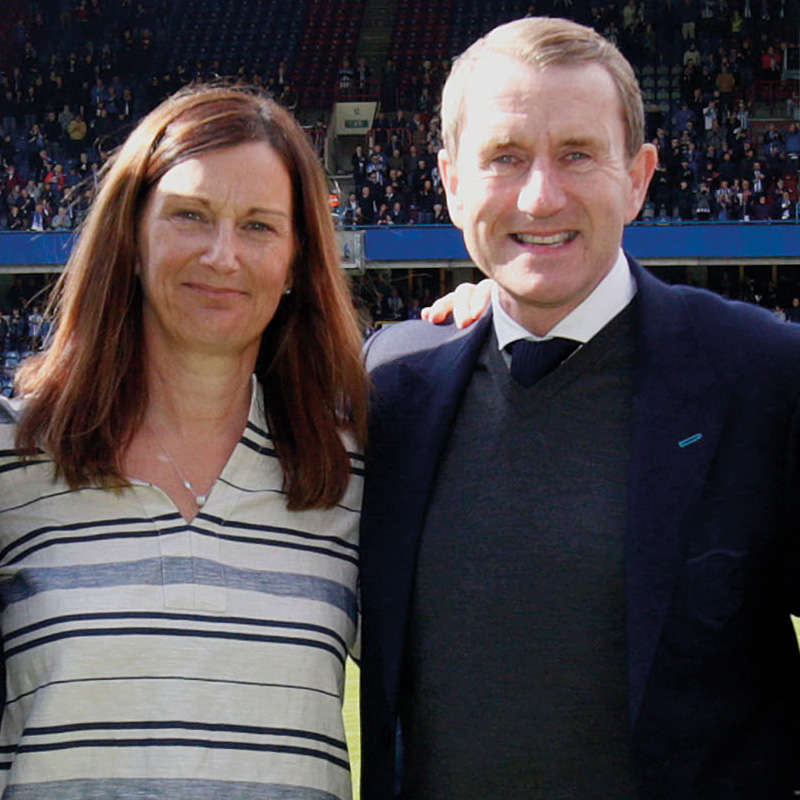
Born into a family of miners and textile workers, Dean left school without a single qualification (a fixation with football was partly to blame). In the mid-1990s he started selling greeting cards from the back of a van in his native Wakefield.
By 1997, he and his wife Janet were ready to open their first shop and Card Factory was born. While Dean, now 57, was credited as the group’s main commercial brain, Janet, also 57, was in charge of the design team and was considered the dominant creative force.
During a 10-year period, the couple opened, on average, one new shop a week. They carefully ensured they kept their prices as low as possible and astutely filled the void created by the collapse of Woolworths and Celebrations.
The Hoyles floated Card Factory on the stock market and the shares currently value the West Yorkshire-based group at £416m. Their earnings from the business provided Dean with the funds to indulge his passion for football. After 15 years of owning Huddersfield Town, he recently agreed to sell the club.
8=
Graeme and Yvonne Brooks
Avtrade
£400m
Avtrade keeps thousands of planes in the world’s skies each year. Headquartered 20 minutes from Gatwick Airport in West Sussex, the operation provides components and repairs to more than 800 airlines.
It typically despatches more than 6,000 parts a month, and the group also helps carriers lease, sell, loan and exchange aircraft. Graeme, 70, started Avtrade in 1985, initially trading the propellers of Boeing 737s. His wife Yvonne, 69, is the only other director, and the couple still own all the £400m business. Since its inception, Avtrade has opened offices in Dubai, Singapore, Kuala Lumpur, Miami and the Chinese city of Guangzhou.
The venture is now believed to be the world’s largest independent aviation component services provider and has grown its workforce to more than 300. Turnover has climbed by almost 50 per cent to £261m during the past year. There were also record profits of £54.9m.
8=
Ayman Rahman and Fateha Begum
Dare International
£400m
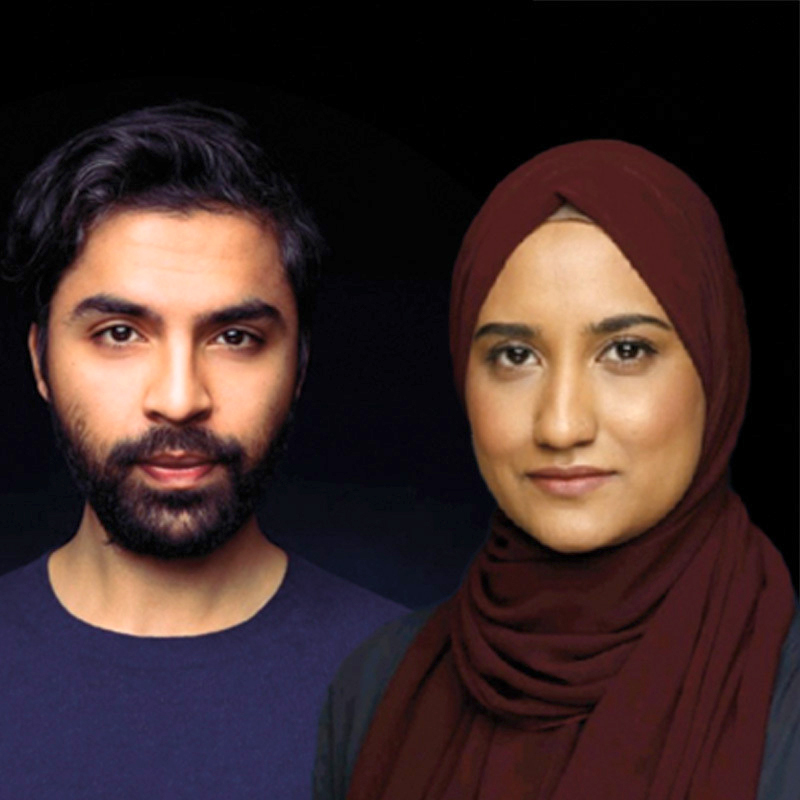
Ayman’s parents wanted him to become a doctor, but he opted to become a City trader instead. Four years after dealing with the world’s energy markets, he joined forces with his wife Fateha, 36, to launch Dare International in 2016. Today, the London-based operation now employs 200 staff and handles trades worth billions of pounds a day.
“My motivation, I think, comes from insecurity,” Ayman, 33, has said. “A desire to want to prove yourself to yourself and to others… I grew up as a Muslim guy in the wake of 9/11 in a town which had hardly any people of colour and very few Muslims.
“Going to school after 2001 you feel that sense that you are not part of the real community. I’d like to show that I can really contribute and be a part of this great country.”
The company reported annual sales of £269.1m last year, 12 times more than two years before.
10
Mark and Mo Constantine
Lush
£350m
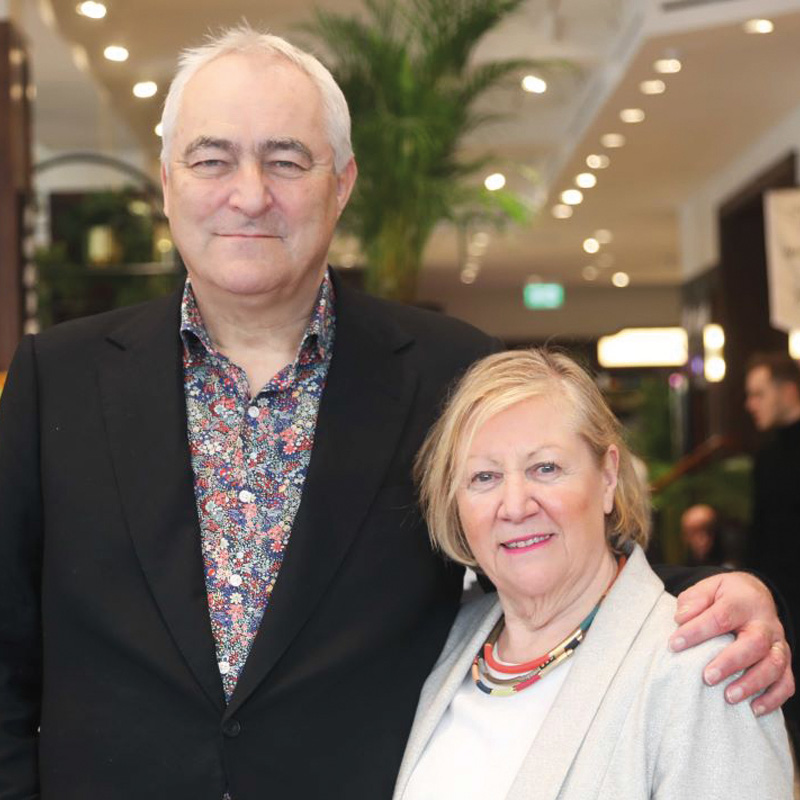
Former legal secretary Mo, 71, invented the bath bomb in the late 1980s, taking inspiration from the fizzing properties of the hangover cure and pain reliever, Alka-Seltzer. A few years later she and her husband Mark co-founded Lush, the eco-friendly cosmetics brand.
A hairdresser in his youth, Mark has attributed his relentless drive to his “entrepreneur’s wound” – his father abandoned him when he was a baby. That wouldn’t be the only traumatic event of his childhood. By the age of 16, he was homeless and living in a tent pitched in woodland.
The Constantines would meet at about this time, although Mo insists Mark initially tried to “chat up” her sister. Lush began on Poole High Street in 1995. There are now more than 850 shops across 51 countries selling handmade cosmetics including soaps, lotions and its bath bombs. Annual turnover exceeds £700m and Lush reports that it contributed £42.8m of tax last year.
After a lengthy search Mark, now 72, was finally reunited with the parent he had never known. His father died just two months later.
11
Kelly Choi and Jérôme Castaing
Sushi Daily
£300m
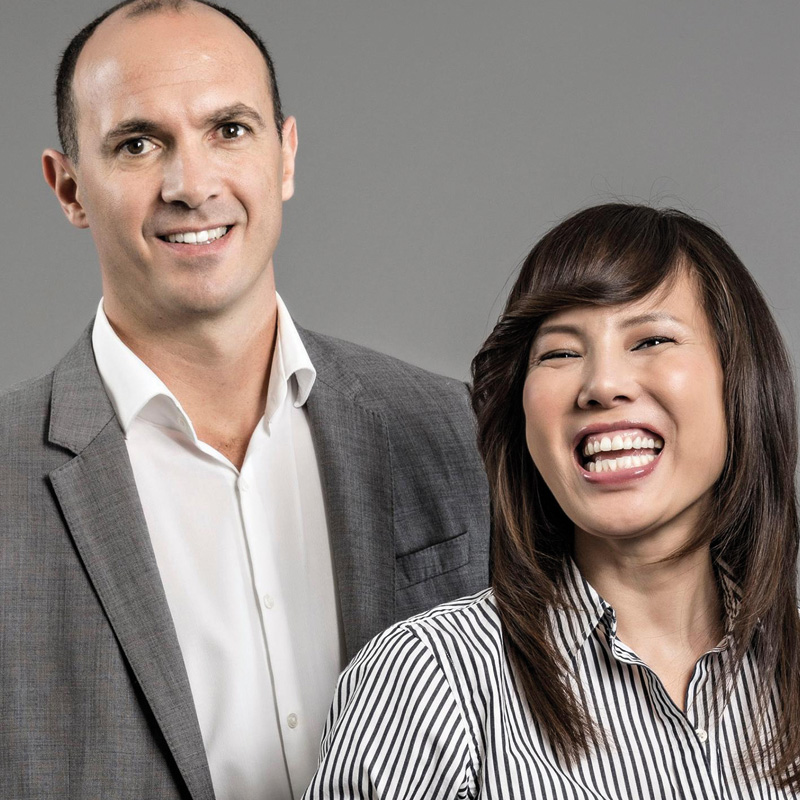
One of six children, Kelly lost two brothers to malnutrition while growing up in impoverished rural South Korea. At the age of 15, she moved to Seoul to work in the fashion industry after her father claimed a secondary school education was not suitable for girls.
While living in Paris during her 20s Choi set up a communication business that later collapsed with debts of more than €1m. For a while, she contemplated ending her own life. Realising this would dismay her mother, Kelly decided to start another business and teamed up with her French husband, Jérôme.
This venture was Sushi Daily – the Japanese-themed food kiosks now found in hundreds of supermarkets, railway stations and high streets. The first site opened in Lyon, France, in 2010.
The London-based chain now has more than 1,000 outlets across Europe, Mexico and Dubai. Kelly and Jérôme, both 56, have also launched other Asian-themed restaurants and food brands, including Bam Tuk, Korma Kitchen and Tuk Tuk. Annual revenues exceed £400m.
12
Dan and Melanie Marsden
Lounge Underwear
£150m

The Marsdens met at primary school at the age of eight but did not become an item until they were 16. In their mid-20s they launched Lounge Underwear, an online lingerie retailer.
Its reverse-engineered business model involved launching an Instagram page and hiring influencers to promote a product that it would then sell straight to consumers from a website. For the strategy to work, the merchandise had to be cheap to transport and store, as well as attractive to promote on social media. Lingerie was the first product that fitted the Marsdens’ plan, and they launched the company with just £1,000 of savings.
While Dan, 33, concentrates on strategy, business growth and finance tasks, Melanie, 32, focuses on nurturing a community of Instagram followers that has grown to more than 3.5 million. Lounge Underwear’s turnover quadrupled during the pandemic, and while sales have been lower since the lockdowns ended, the Solihull-based group is still worth around £150m.
Methodology
Valuations of public companies were derived from stock market prices at the start of August 2024. Many private companies were valued on a multiple of their annual profits or in a small number of cases on their net assets. We have also included private businesses where an enterprise value has been made public after a recent fundraising or sale.

